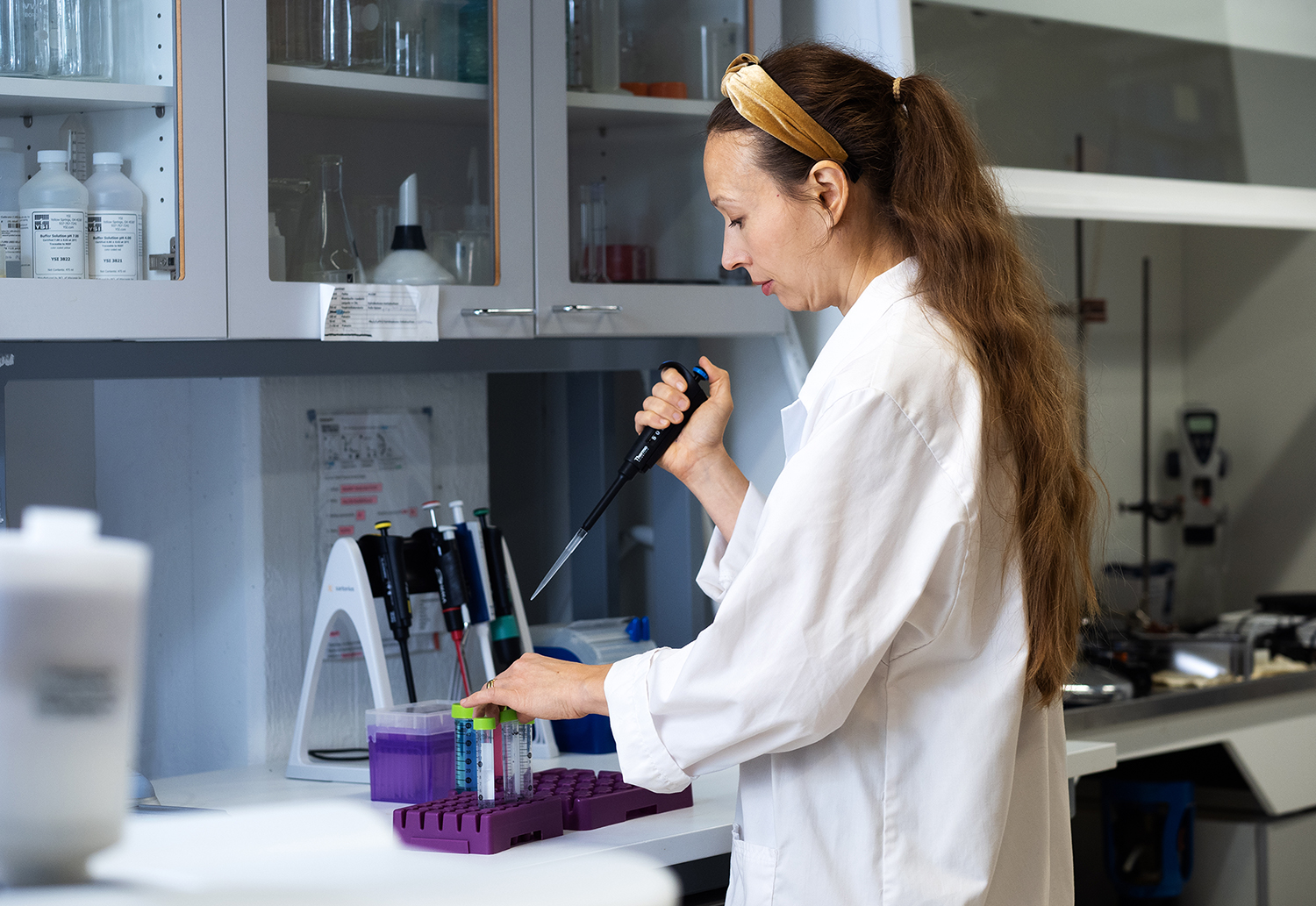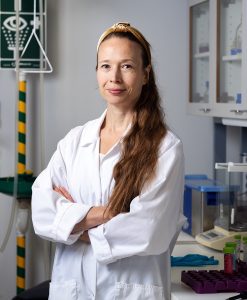Noora Salonen, an expert who has been working at the WANDER research centre since 2018, received her doctorate in technology from Aalto University in December. She wrote a dissertation in biotechnology entitled "Recombinant protein yield in Lactococcus lactis - application to D-tagatose yield."


Every cell contains proteins that carry out a variety of functions that are essential for life. Using a suitable yield host, recombinant proteins can be produced in greater quantities than if they were isolated directly from their original source. Eventually, these recombinant proteins can be used as biological drugs and in various enzymatic manufacturing processes.
In most cases, a single production host, such as Escherichia coli, is insufficient to produce all proteins. A host organism such as Lactococcus lactis is ideally suited to the production of recombinant proteins, with many potential applications, for example in the food and pharmaceutical industries. Nevertheless, recombinant proteins must be produced with the aid of a suitable production system. Remarkably, in her thesis, Noora developed two novel methods for producing recombinant proteins for L. lactis. One of these methods was used to produce arabinose isomerase from Bifidobacterium longum and the properties of this enzyme were investigated.
As a low-calorie sweetener, tagatose is a rare sugar with health-promoting properties. Due to its hefty production costs, its use is still limited commercially. In this thesis, the production of tagatose was studied using dormant L. lactis cells containing the recombinant protein arabinose isomerase enzyme from Bifidobacterium longum.
